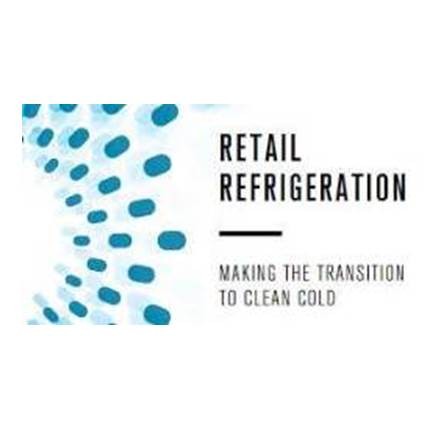Retail refrigeration – making the transition to clean cold

‘Supermarkets have a once in a lifetime opportunity to develop refrigeration strategies that simultaneously advance business and environmental goals’ is a headline from the recently published Retail Refrigeration – Making the Transition to Clean Cold report from Birmingham University. The report views moving to low GWP refrigerant as just the first step towards zero net energy supermarkets.
The report suggests that the shift to natural and low GWP refrigerants should be viewed as an opportunity to move to clean cold technologies. This should involve ‘sustainable cold, reducing refrigeration energy demand; marrying thermal demands, both inside the store but also where possible through district thermal networks; and using renewable energy.
The report also tackles the issue that not enough has been done yet to reduce emissions and that the EU may be facing an imminent crisis. Significantly, the report states: ‘to meet the phase-down timetable food retailers should have installed 18,500 low GWP systems in 2015 alone’. Although CO2 is not the only option available, only 9,000 CO2 systems have so far been installed. It is therefore clear that the transition to low GWP refrigerants needs to accelerate.
A number of recommendations are included in the report and these include greater research efforts, support for developing system level solutions, incentives, certification of supermarkets, training and increased investment into sustainable cooling technologies.
The full report can be downloaded from: https://www.birmingham.ac.uk/research/activity/energy/research/bei-retail-refrigeration-transition-clean-cold.aspx